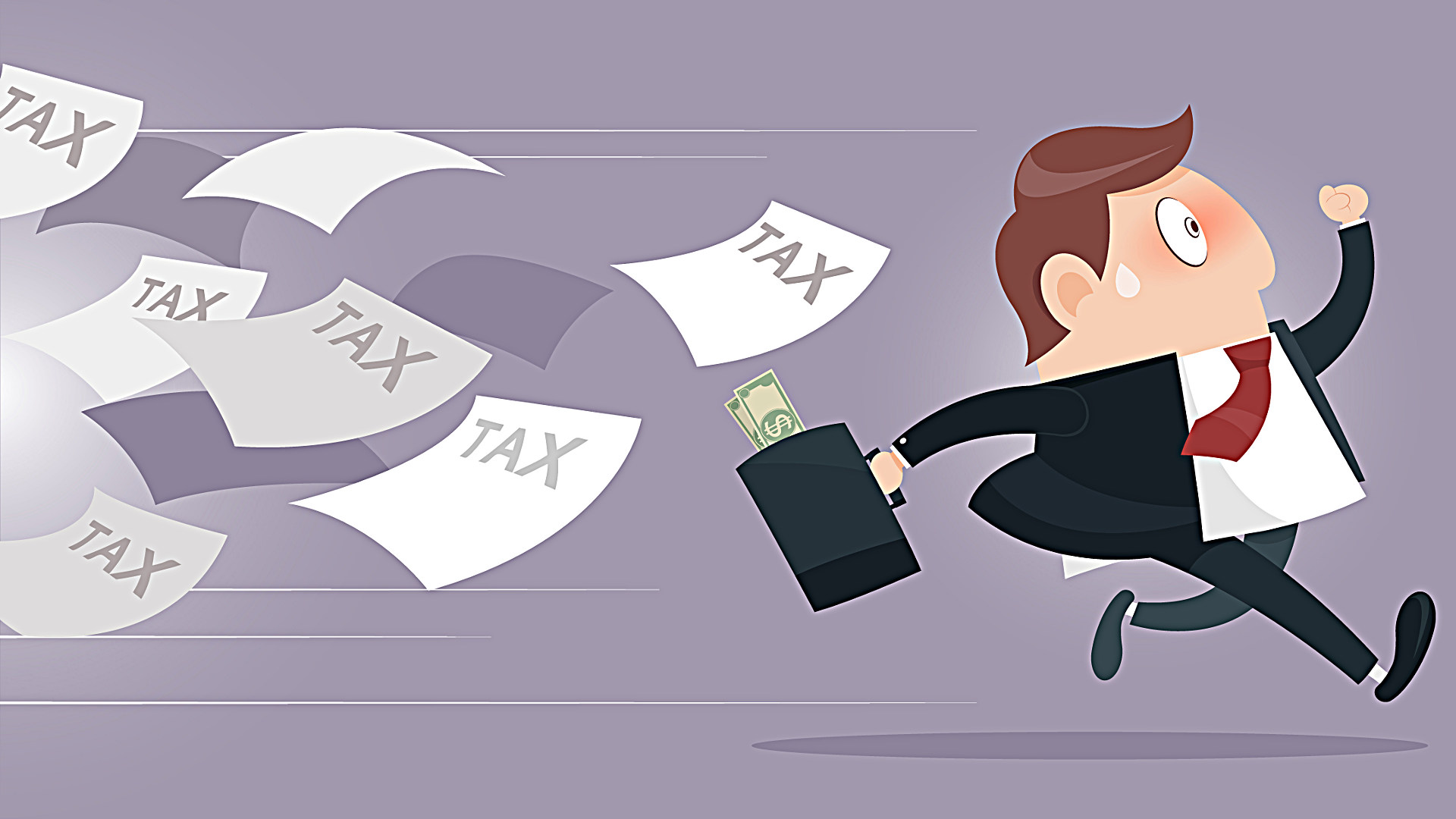In 2016, Amazon made €21.6 billion in revenues. Under UK corporate tax laws, the company would be obliged to pay 20 percent tax on this income. So Amazon should have paid €4.5 billion in taxes. However, the company only paid a flimsy €16.5 million — just 0.36 percent.
Tax avoidance has been described by the President of the World Bank as “a form of corruption that hurts the poor,” and this is no exaggeration. Currently, 73 percent of global Fortune 500 companies are using offshore tax havens, sending money to low-tax countries to avoid paying tax in the country in which they operate.
When wealth is taken out of countries rather than reinvested into essential services, it inevitably affects citizens negatively.

Austerity measures are becoming increasingly common, with vast cuts often made in health and education, hitting the poorest members of society the hardest.
As well as these impacts, the extent to which corporate tax avoidance is taking place across the world is effectively rendering global aid useless and ineffective. For example, the world’s 20 richest countries provide around $140 billion in foreign aid to developing countries. Whilst this is a large amount, the UN Conference on Trade and Development has estimated that multinationals avoid $100 billion worth of corporation tax in developing countries.
This was emphasized by Leth Gregersen, chair of Concord's working group on policy coherence for development, who said: "Europe cannot continue to give aid with one hand and take away with the other, and tax policy is a classic example of where it's doing this. Billions go to poor countries in aid only to return again to rich countries via tax dodging. The balance sheet shows that the poor in developing countries are losing out here."
Government’s need to crack down on large multinational companies and demand a fair level of tax so this money can fairly be used to address society's most fundamental issues and provide support to those who need it most.




